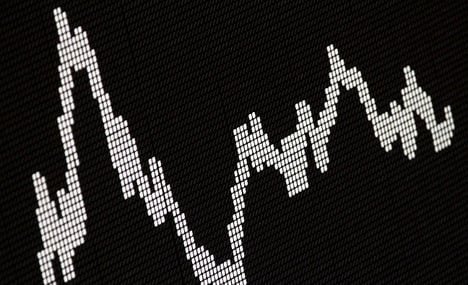The department said Deutsche Börse has to divest the 31.5 percent stake that a subsidiary holds in Direct Edge Holdings, the fourth largest exchange operator in the United States.
Doing so would help maintain competition in the sector and earn US approval of the mega-merger, it said.
The Justice department proposed that Deutsche Börse dispose of the Direct Edge interest within two years.
The divestiture would “resolve the department’s concerns about the merger’s effects on the markets for US equities exchange products and services,” the department said in a statement.
“The remedy ensures that participants … will continue to receive the full benefits of robust competition in the form of competitive prices and increased innovation,” said acting assistant US attorney general Sharis Pozen.
Both Deutsche Börse and NYSE Euronext, the operator of the New York exchange, would also have to commit to staying out of Direct Edge operations before the shareholding is divested.
“We are very pleased to have received the approval of the DOJ, an important milestone on our path to completing our compelling trans-Atlantic combination,” said Duncan Niederauer, NYSE Euronext’s chief executive.
The proposed deal brought closer the mega-merger of the two exchanges first announced on February 15, which would create the world’s biggest exchange by revenues and a powerhouse in derivatives trading.
In November the two firms submitted a similar divestiture plan to European regulators to gain their approval for the merger.
The two told the European Commission that NYSE Euronext would give up the main parts of its pan-European single equity derivatives business to eliminate business overlaps with Deutsche Börse that would reduce competition in the business.
They also undertook to ensure third-party access to the Eurex Clearing joint clearing house for European interest rate and equity index derivatives that they have planned.
The Justice Department said it had “communicated extensively” with its EU counterparts to investigate the proposed deal.
The Local/AFP



 Please whitelist us to continue reading.
Please whitelist us to continue reading.
Member comments